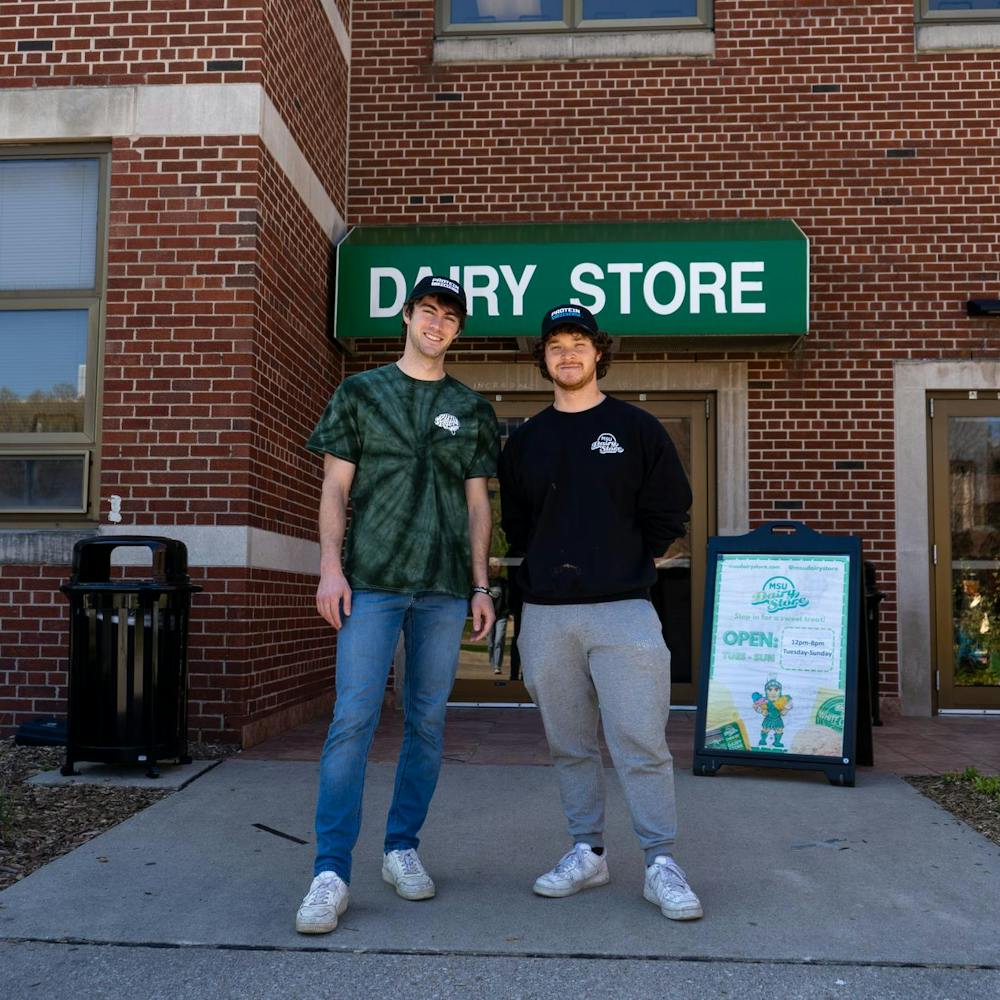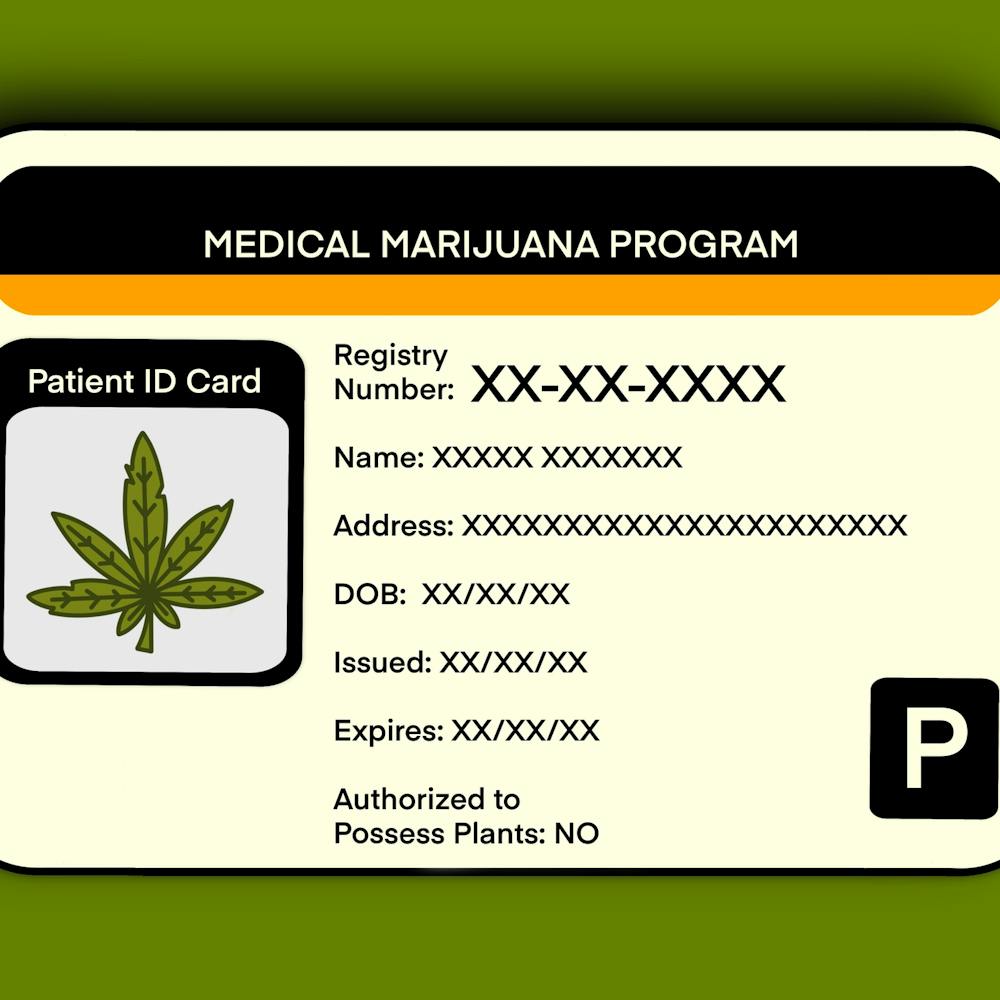When finals week ended, I attended MSU’s LeaderShape program with 49 other MSU students. During the week-long retreat, we got to learn about the fundamentals of working with people and making a difference. Whether it was shaping our visions or discovering our preferred approach to obstacles, we all came back knowing something we could do to improve ourselves. At one of the lectures, the program went over something simple that, for a long time now, I had been unknowingly struggling with — listening.
Now, I know when people hear the word “listening,” they must think I’m talking about hearing someone else in a conversation, but “hearing” and “listening” are two fundamentally different things. When you hear someone, you’re just taking in the ideas people are conveying while busily thinking of a response. While actively listening, the time normally spent thinking of a response is instead used in a much more considerate manner — actually listening to and processing what the person is saying. Even though it’s incredibly easy for people to make assumptions during a conversation and jump to a conclusion with their response, it’s better to take the time to practice active listening and try to fully understand another person’s viewpoint. For me, I have always run into that trap of making assumptions.
As I’ve gotten older, I’ve almost gotten used to the notion that I know what’s going on during a conversation and having an idea of whatever situation is being discussed. However, once I began practicing active listening, I began to realize that this wasn’t the case. The very reason I had been thinking this way is because I was unintentionally perpetuating conversations to lead that way. Instead of taking the time to understand what the person was saying and let them finish their thought, I was too busy thinking about my next response in the conversation. As a result, I directed the flow of the conversation, rather than keeping it open and allowing people to fully express what they were talking about. It was this realization that made me mark “active listening” on the top of my list of things to improve about myself. Even though I still have a long way to go, I’m glad I caught this problem before it really got out of hand.
I’m sure many people can relate to those experiences when they talked to older people as a kid and those older people didn’t really listen to what they had to say.
For many of us, those people were our parents. You’d have a good idea or a great suggestion but the adult was too busy undermining you because of your age or inexperience.
They had already been down that road after all, so what more could you have to offer? I had always wondered why older people treated younger people with ignorance even if it seemed like the younger generation was on the edge of a breakthrough. After all, a lot of technology and social media today wouldn’t be possible if nobody listened to the fresh ideas of a younger generation. After LeaderShape, I began to realize that this phenomenon was due to a lack of active listening.
So, while everyone is out enjoying the summer by the poolside, take the time to check your active listening skills. For me, that was something that I thought I was practicing but actually wasn’t. Maybe if people took the time to simply “listen” to others rather than “hear” them, there would be a lot more understanding and less confusion in the world.
Henry Pan is a chemical engineering sophomore. Reach him at panhenry@msu.edu.




